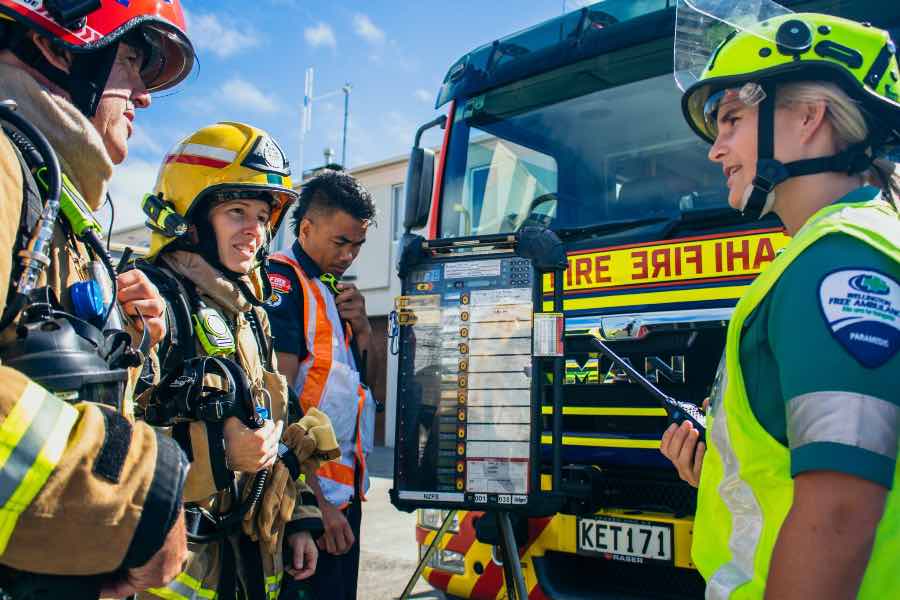
The Emergency Caller Location Information (ECLI) Service has today been ‘rehomed’ from the Ministry of Business, Innovation and Employment into Next Generation Critical Communications (NGCC), director, Steve Ferguson, announced.
Through the Public Safety Network, NGCC is supporting Police, Hato Hone St John, Wellington Free Ambulance and Fire and Emergency New Zealand with the critical communications services and technologies they need to stay safe, do their job effectively and improve public safety.
“The ECLI Service is an excellent addition to the value Next Generation Critical Communications already offers the emergency services,” Mr Ferguson said.
“Bringing the emergency location information service into our organisation allows us to leverage our emergency sector focus and capabilities, and to deepen our support for the organisations who help keep our communities safe.”
The ECLI Service was launched by government in May 2017 to provide emergency services with the likely location of the mobile device from which a person has made a 111 call1 , and therefore their likely location. It has stringent controls in place to protect callers’ personal information.
Mr Ferguson said this location data helps emergency services speed up their response to an incident; it reduces both the time it takes to check the caller’s location and the average dispatch time to the scene.
“The ECLI Service has been proven to save lives and is particularly useful in situations where a caller can’t easily communicate with the 111 call taker, which could be for a variety of reasons.”
Mr Ferguson said NGCC is also well placed to evolve location information services within the emergency services ecosystem, given the organisation’s experience of critical communications technologies, and its close and long-standing relationships with the first responder agencies.
“Globally, emergency services are increasingly benefitting from the precise, rapid location information cellular technology can provide to help quickly find people and prevent emergencies by warning people in specific geographic areas. The technology will continue to get more precise and useful.”
New Zealanders make more than 2 million 111 calls each year, 84 per cent of which come from a mobile phone. The ECLI Service has helped emergency services find callers in numerous situations, including vehicle accidents, house and rural fires, people lost while tramping, and people having medical events.
“In time, I anticipate that this sophisticated technology will become an enormously useful component of NGCC’s offerings to the emergency services alongside the Public Safety Network’s new infrastructure and services.”
Mr Ferguson said the transfer of responsibility from MBIE to NGCC will take effect immediately but with a staggered transition of staff, technology and commercial arrangements to ensure the quality of service is maintained over the period of transition.
After the shift into NGCC, the ECLI Service will continue to be governed by a Code of Practice issued under section 32 of the Privacy Act 2020. This ensures location data provided by the service is subject to strict and very robust privacy and access controls to protect callers’ personal information.
